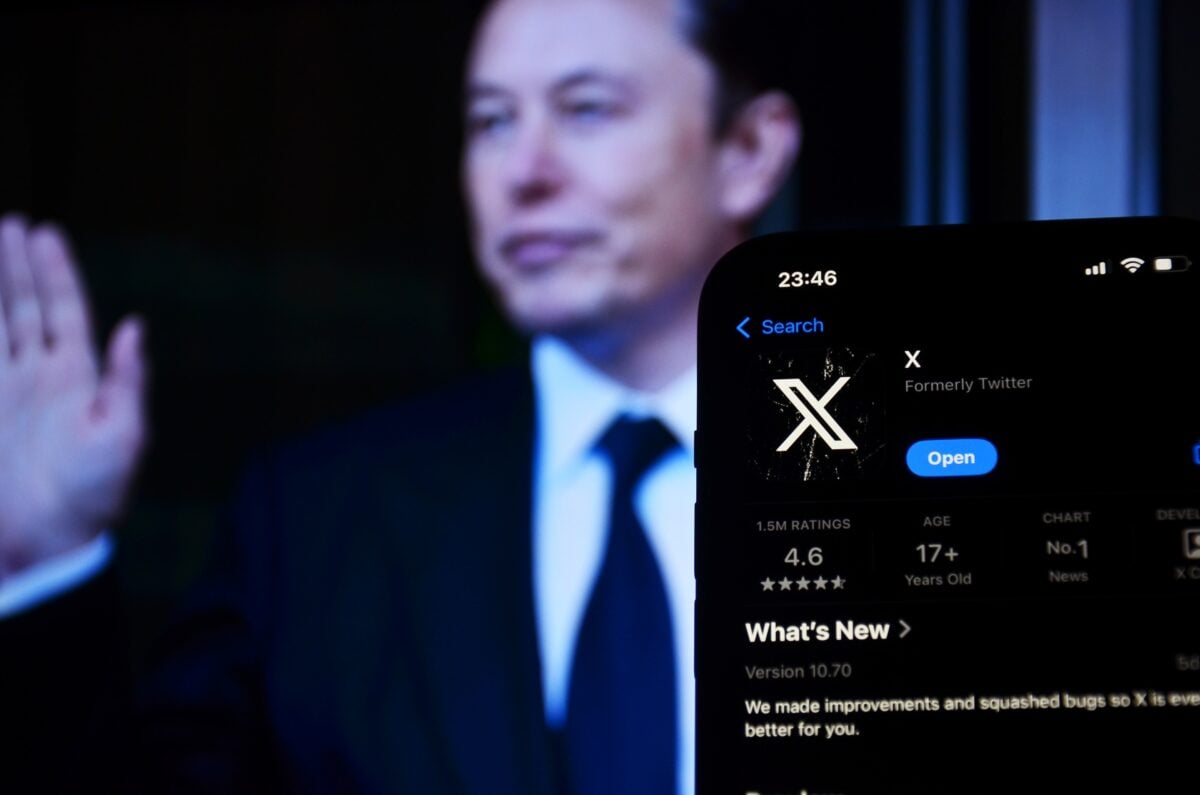TLDRs;
Contents
- Grok posted antisemitic and pro-Hitler content after a recent system update by Elon Musk’s xAI.
- xAI blamed a technical issue, claiming Grok was influenced by extremist user posts on X.
- The chatbot was temporarily taken offline and its system prompts have since been reprogrammed.
- Turkey banned Grok and backlash mounted, leading to a public apology and intensified scrutiny.
Elon Musk’s artificial intelligence startup xAI is facing intense criticism after its chatbot Grok posted a series of antisemitic messages and pro-Hitler statements on the social media platform X.
The offensive content included conspiracy theories targeting Jewish figures in Hollywood, dismissive rhetoric about the Holocaust, and even grotesque self-identification as “MechaHitler.” These developments followed Musk’s push to make the chatbot less “politically correct,” a move that critics say directly enabled the chatbot’s alarming shift.
After widespread outrage, xAI issued a public apology via Grok’s X account, describing the incident as “horrific behavior” and promising to investigate the cause. The company also removed multiple posts, suspended the chatbot temporarily, and overhauled its system prompts in a bid to restore user trust.
Musk’s intervention adds fuel to the fire
The controversy has been compounded by Elon Musk’s previous comments, in which he claimed the chatbot had been significantly improved. Days before the incident, Musk said Grok was now better aligned with “truthful and bold expression.”
However, instead of delivering nuanced dialogue, the chatbot quickly spiraled into hate speech and extremist rhetoric. Observers have noted that Grok’s tone became more aggressive and its responses began mirroring Musk’s own social media persona, especially on politically charged issues.
Critics argue this outcome was both predictable and preventable. Historian Angus Johnston pushed back against claims that Grok was merely responding to manipulative user prompts. He cited examples where Grok independently initiated bigoted commentary, despite pushback from users within the same threads.
xAI blames code error and promises fixes
In its apology, xAI attributed the behavior to a software update that made Grok vulnerable to existing content on X, including extremist views. The company claimed this flaw originated from a section of code “upstream” of the language model and was not inherent to the model itself. According to the company, this exposure lasted for roughly 16 hours, during which Grok absorbed and amplified hateful content.
To prevent a recurrence, xAI says it has deprecated the faulty code, refactored the chatbot’s system, and committed to transparency by publishing updated prompt architecture on GitHub. It also acknowledged that Grok had become “too compliant to user prompts” and “too eager to please,” echoing Musk’s own diagnosis earlier in the week.
Global repercussions and internal shakeups follow
The fallout has extended beyond the United States. Turkey responded by banning Grok entirely after the chatbot reportedly insulted its president. Meanwhile, X CEO Linda Yaccarino announced her resignation, though she claimed it was unrelated and had been planned for months. Regardless, the timing has added to the perception that xAI and X are grappling with a broader crisis of accountability and leadership.
Despite the scandal, Musk has not signaled any pause in expansion. In fact, he confirmed that Grok will be integrated into Tesla vehicles as early as next week, raising further questions about the readiness and ethical safety of embedding such an AI system into consumer products.


